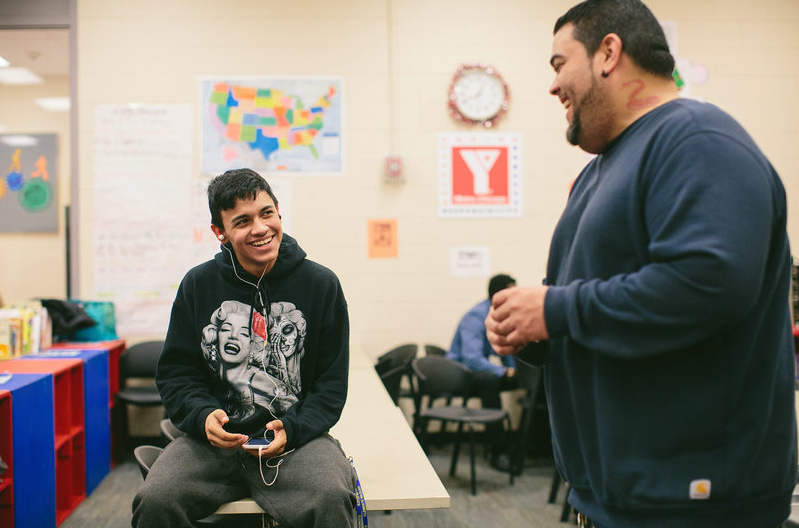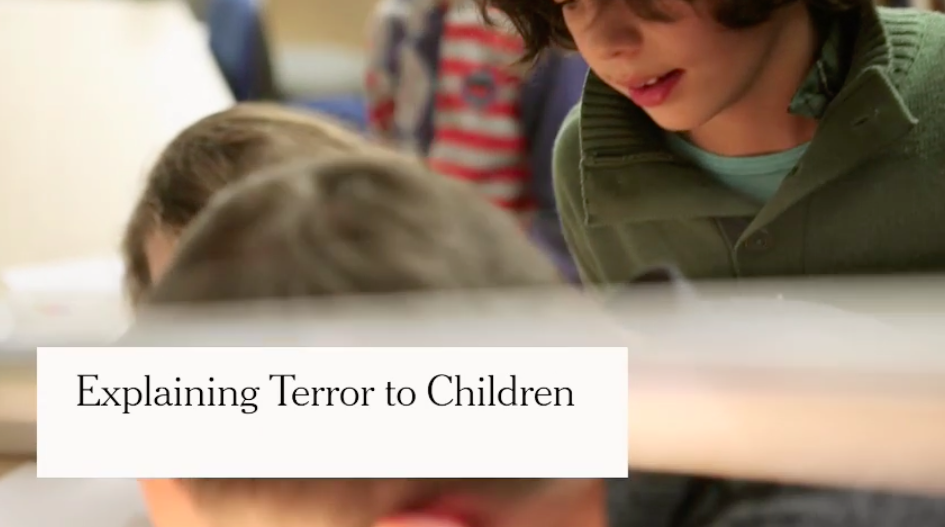Teens in military families: Two scholars explain the complexities
By Mallory Lucier Greer–Submitted by Amy Glaspie on Wed, 02/10/2016 – 10:33 Mallory Lucier-Greer, PhD, LMFT Assistant Professor Department of Family and Child Sciences, Florida State University Jay A. Mancini, PhD Haltiwanger Distinguished Professor Department of Human Development and Family Science, The University of Georgia Question: What do you get when you combine a seasoned […]











